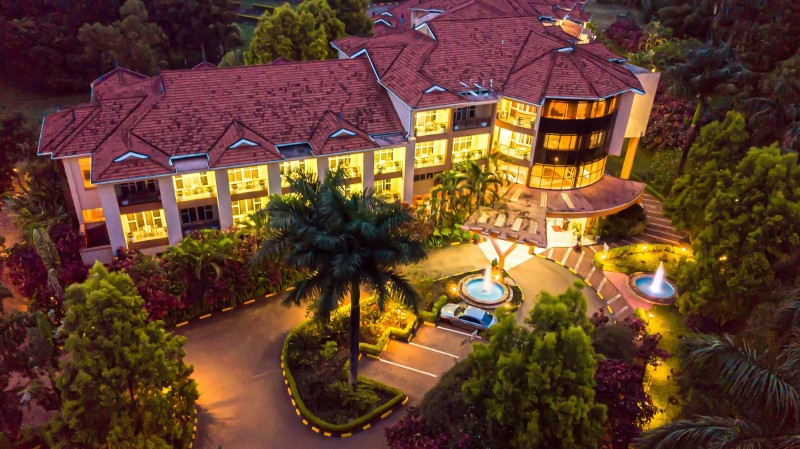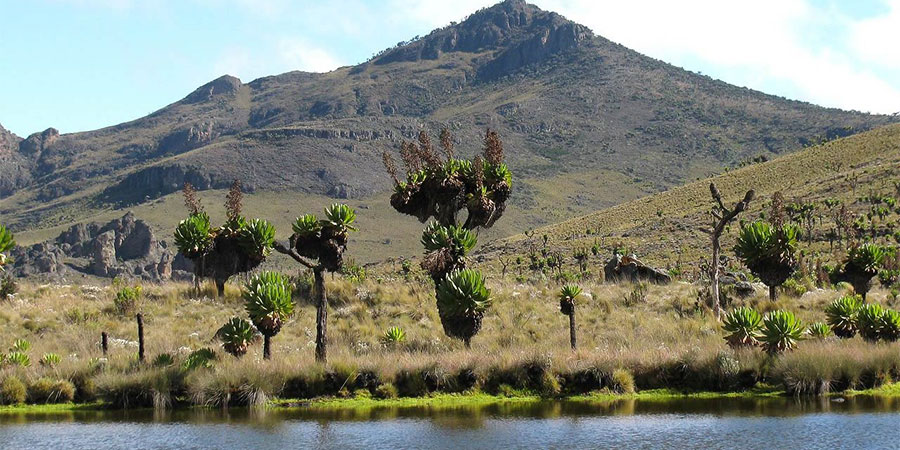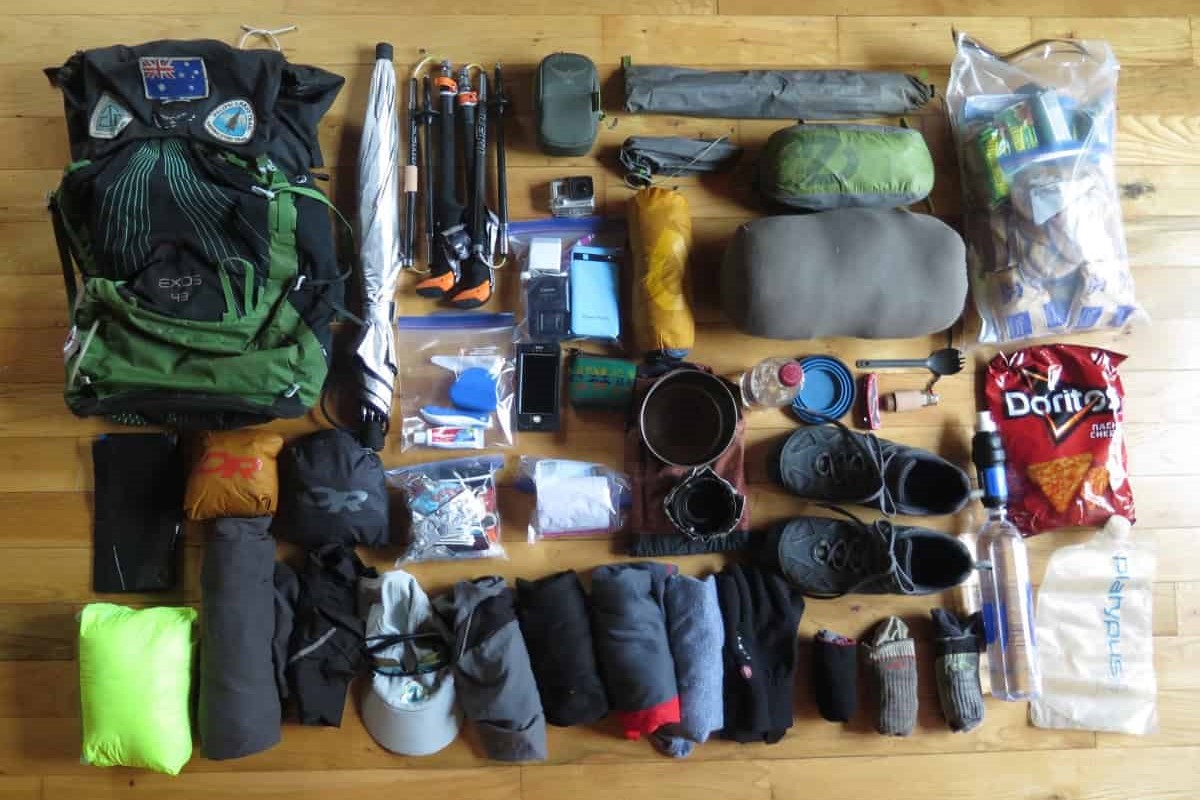- Home
- Uganda
- Gorilla Trekking Safaris
- 15 Day Gorillas – Chimps and Big 5 Safari
- 14 Day Uganda-Rwanda Wildlife & Primates Safari
- 10 Day Uganda Wildlife and Primates Safari
- 10 Day Highlights of Uganda Safari
- 8-Day Uganda Gorilla – Chimpanzee and Big Five Safari
- 7 Day Murchison Falls with Chimps and Gorillas
- 6 Day Gorillas and Lake Mburo Safari
- 6 Day Gorilla Trekking and Queen Elizabeth
- 5 Day Gorillas and White Water Rafting Safari
- 3 Day Uganda Fly to Bwindi Gorilla Safari
- 3 Day Gorilla Trekking and Batwa Trails in Bwindi
- 3 Day Gorillas and Lake Bunyonyi Safari
- Wildlife Safaris
- 22 Days Best of Uganda Wilderness Adventure
- 18 Day Exploring Uganda Safari
- 15 Day Uganda – Kenya -Tanzania Adventure
- 14 Days Uganda & Kenya Wildlife Safari
- 12 Day Mountain Rwenzori Trekking and Wildlife
- 11 Day Uganda Classic Honeymoon Safari
- 7 Day Sipi Falls and Kidepo Valley National Park
- 4 Day Kibale Forest Chimpanzee Tracking
- 3 Days Queen Elizabeth Wildlife Safari
- 3 Day Murchison Falls with Big 5 Adventure
- 3 Day Best of Jinja Safari Adventure
- Birding & Fishing Tours
- 21 Days Birding Uganda and Gorilla Trekking Safari
- 18 Days Birding Tour with Gorilla Trekking
- 15 Days Uganda Birding Safari with Gorillas and Chimps
- 10 Day Birding Uganda and Game Drives
- 10 Day Uganda Fishing Safari with a Boat Cruise
- 4 Day Murchison Falls Fishing Safari
- 3 Day Mabamba Shoebill Birding Safari
- Gorilla Trekking Safaris
- Rwanda
- Kenya
- Tanzania
- Long Safaris
- 15 Day Uganda – Kenya and Tanzania Safari Holiday
- 14 Day Tanzania Wildlife Safari & Pangani Beach Holiday
- 10 Day Wildlife and Kilimanjaro Cultural Safari
- 9 Day Kilimanjaro Hiking Safari in Tanzania
- 9 Day Highlights of Tanzania Safari
- 8 Day Best of Tanzania Wildlife Safari
- 8 Day Classic Honeymoon Package with Zanzibar
- Short Safaris
- Long Safaris
- National Parks
- Uganda
- Rwanda
- Kenya
- Tanzania
- Serengeti National Park
- The Ngorongoro Conservation Area
- Tarangire National Park
- Lake Manyara National Park
- Mount Kilimanjaro National Park
- Arusha National Park
- Gombe National Park
- Katavi National Park
- Kitulo National Park
- Mahale Mountains National Park
- Mikumi National Park
- Mkomazi National Park
- Nyerere National Park (Selous)
- Ruaha National Park
- Rubondo Island National Park
- Saadani National Park
- Udzungwa Mountains National Park
- Blog & Tips
- About Us
- Contact


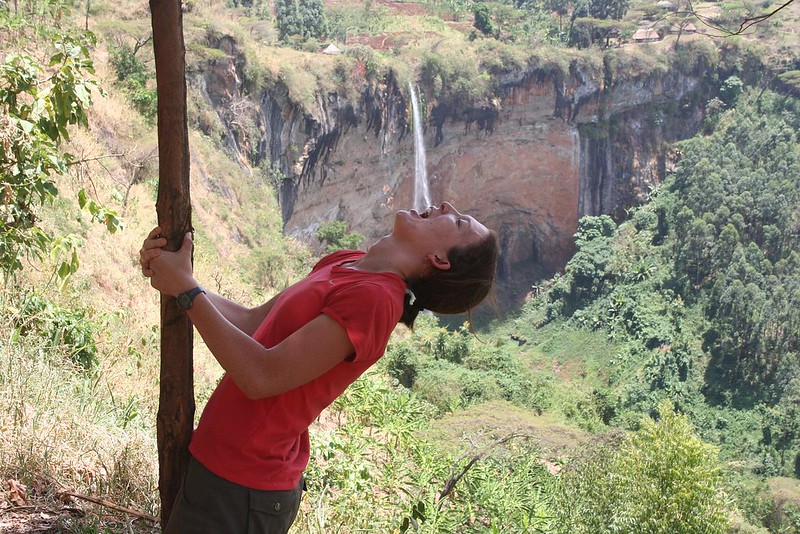
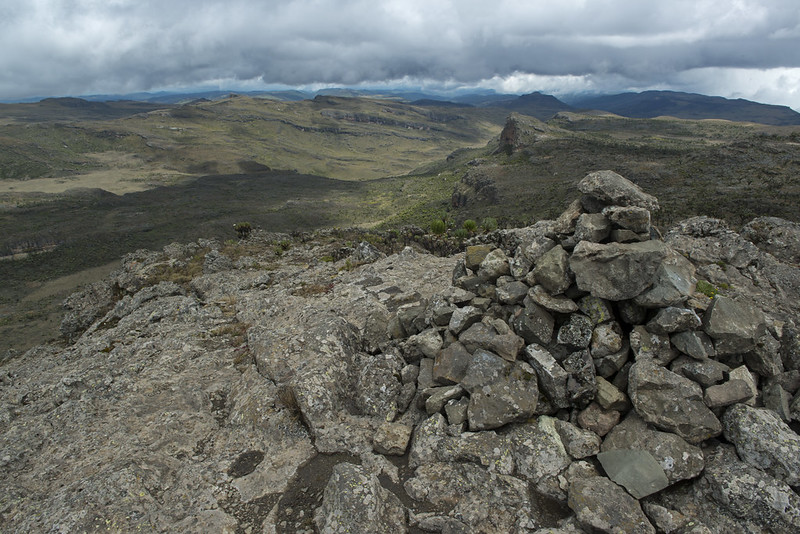
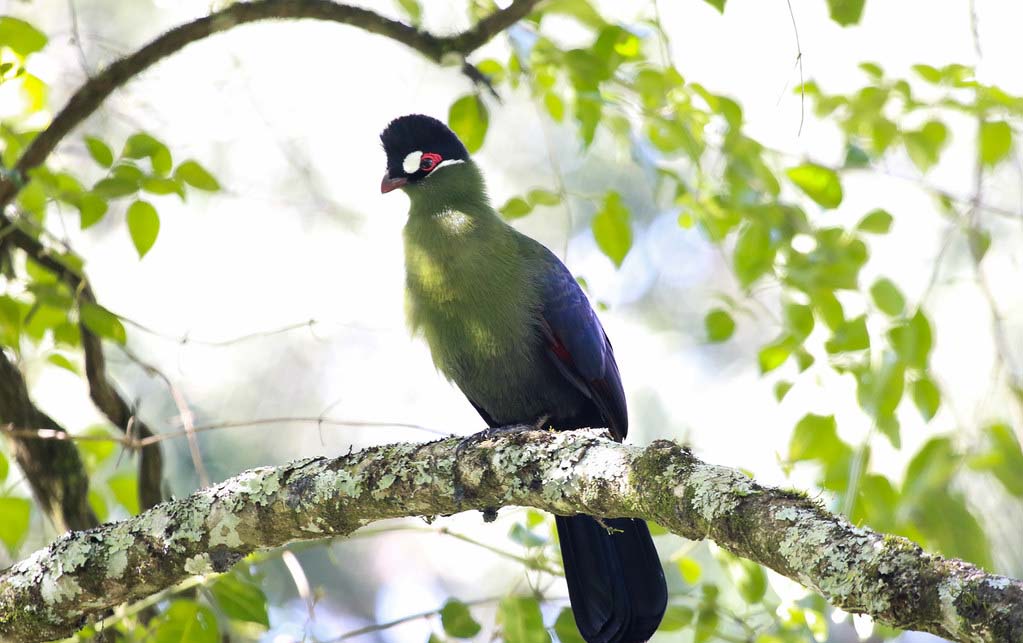 This refers to the practice of observing
This refers to the practice of observing 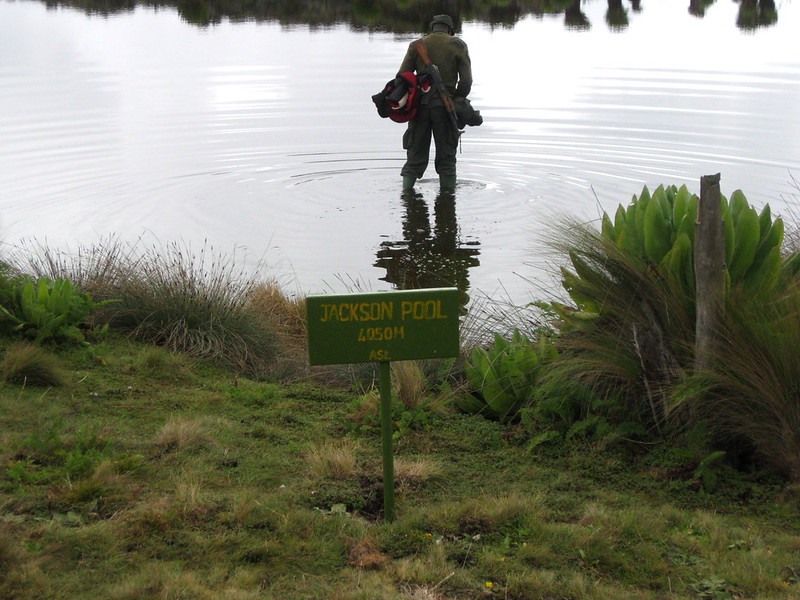
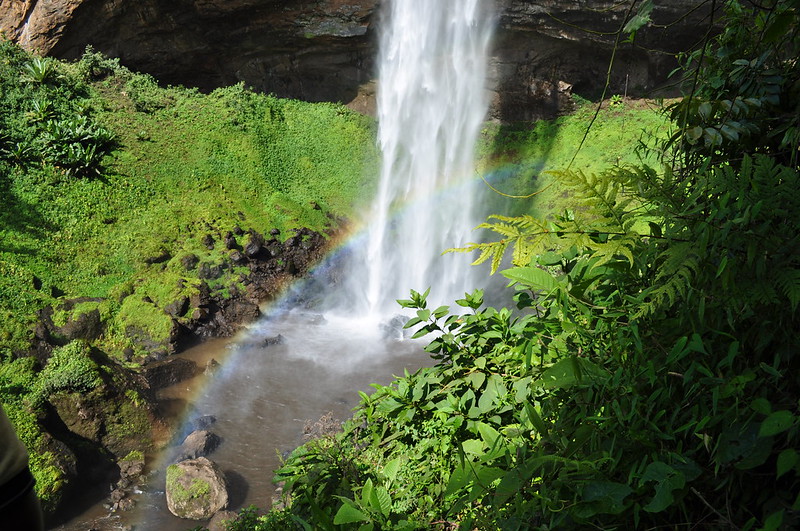 The mountain streams that begin high on the green flanks of Mount Elgon plunge dramatically over steep cliffs and rocky escarpments—particularly along the northern and western slopes of the mountain—forming some of the most spectacular waterfalls in the region. Among these natural attractions are the fabled
The mountain streams that begin high on the green flanks of Mount Elgon plunge dramatically over steep cliffs and rocky escarpments—particularly along the northern and western slopes of the mountain—forming some of the most spectacular waterfalls in the region. Among these natural attractions are the fabled 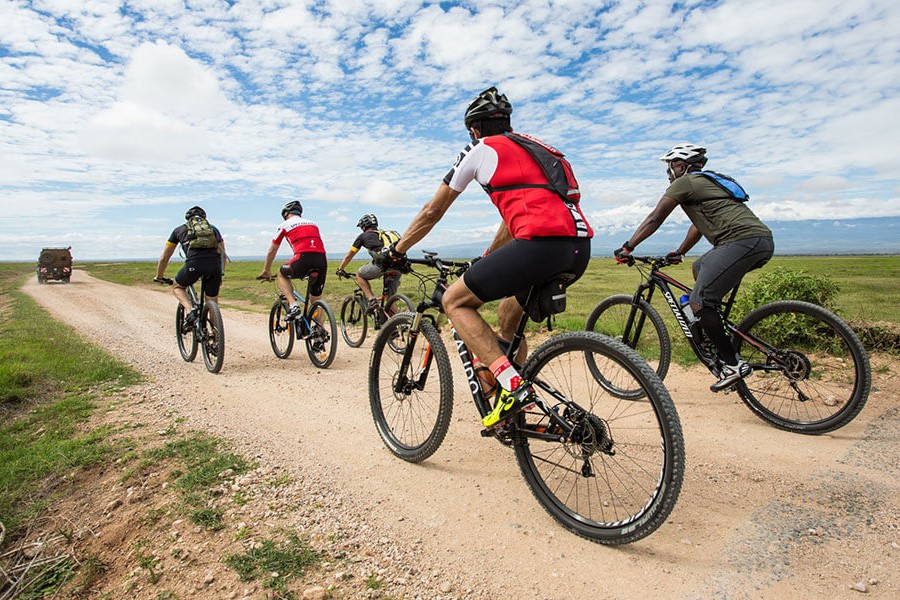 Kapchorwa highlands and Mount Elgon region boast some of Uganda’s most exhilarating mountain biking trails—perfect for nature lovers and adventure seekers. These tough trails are not just physically challenging but also teeming with visual splendor, keeping your adrenaline pumping as you glide through the stunning scenery that sweeps across the foothills of this ancient volcanic mountain. Maybe the most famous cycling experience begins at the bustling Sipi Trading Centre and winds its way to Chema Hill in Kapchorwa, treating cyclists to a challenging ride along diverse landscapes, colorful villages, and breathtaking views.
Kapchorwa highlands and Mount Elgon region boast some of Uganda’s most exhilarating mountain biking trails—perfect for nature lovers and adventure seekers. These tough trails are not just physically challenging but also teeming with visual splendor, keeping your adrenaline pumping as you glide through the stunning scenery that sweeps across the foothills of this ancient volcanic mountain. Maybe the most famous cycling experience begins at the bustling Sipi Trading Centre and winds its way to Chema Hill in Kapchorwa, treating cyclists to a challenging ride along diverse landscapes, colorful villages, and breathtaking views.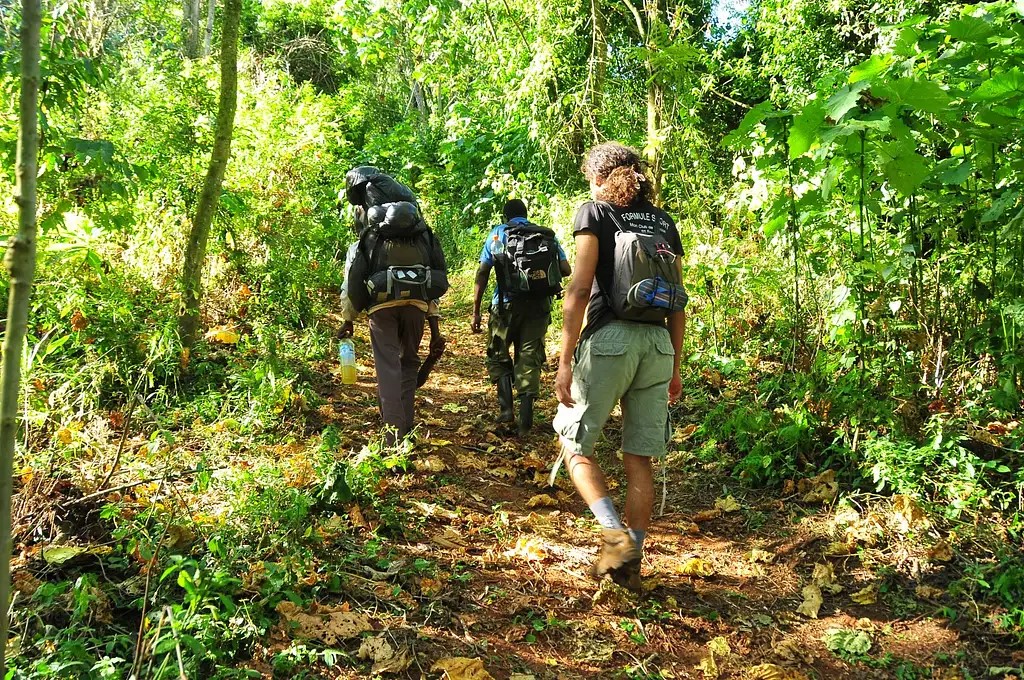 Mount Elgon National Park and the surrounding areas offer rewarding nature walking and hiking trails that give a visitor a better appreciation of the region’s stunning beauty and diversity of life. These trails, within and beyond the park, wind through a variety of green environments—anything from tropical montane rain forests to farmed fields and bamboo forested slopes. Near Sipi Falls,
Mount Elgon National Park and the surrounding areas offer rewarding nature walking and hiking trails that give a visitor a better appreciation of the region’s stunning beauty and diversity of life. These trails, within and beyond the park, wind through a variety of green environments—anything from tropical montane rain forests to farmed fields and bamboo forested slopes. Near Sipi Falls, 